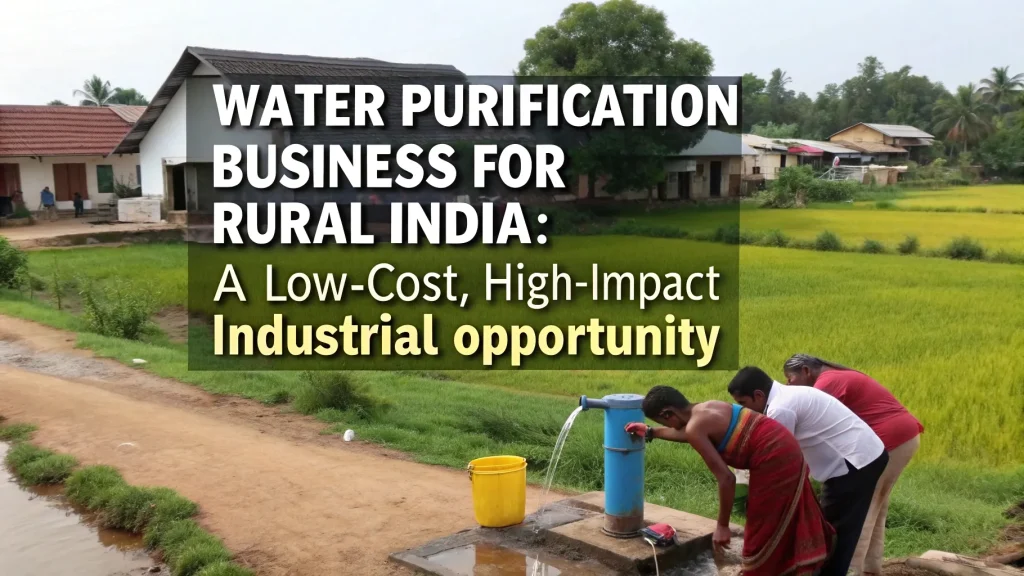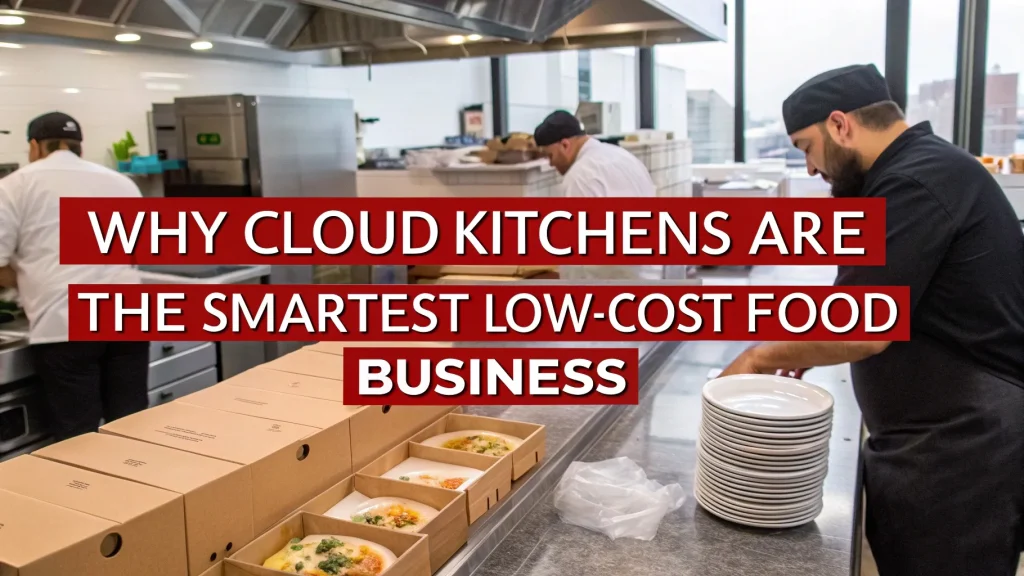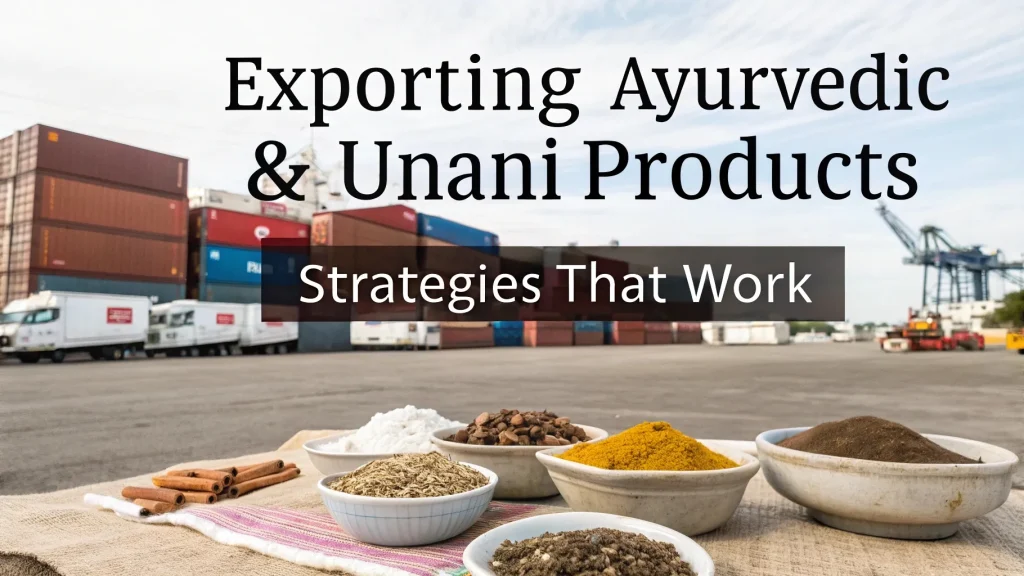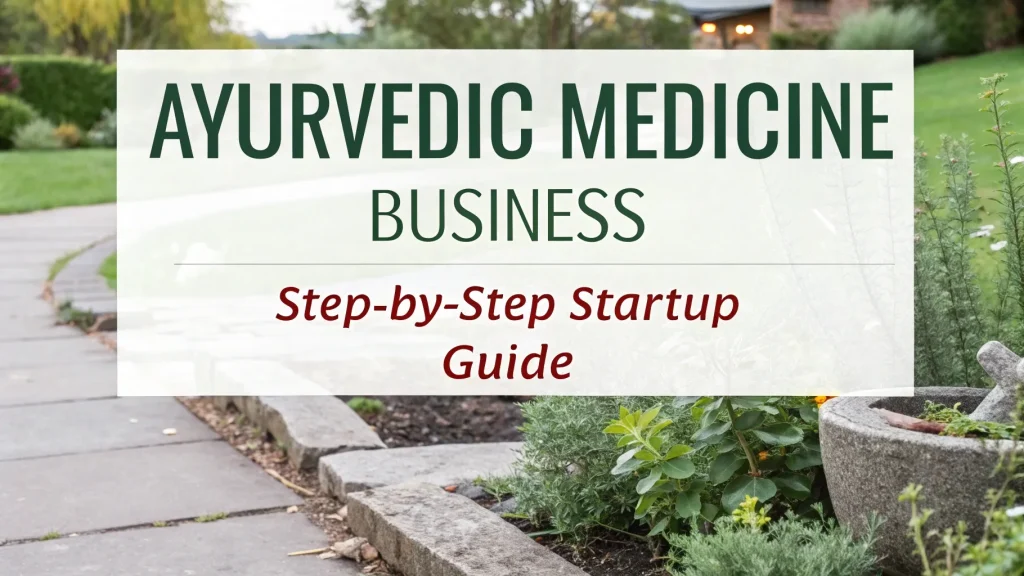As the global shift toward sustainability accelerates, bioplastic bags have emerged as a vital alternative to traditional petroleum-based plastics. Entrepreneurs who wish to invest in a future-proof, eco-friendly, and profitable venture will find tremendous potential in starting a bioplastic bags manufacturing business. Let us guide you through every critical detail you need to launch, operate, and thrive in this exciting industry.
Understanding Bioplastic Bags and Their Growing Demand
Bioplastic bags are derived from renewable, biodegradable resources, such as corn starch, cassava, or sugarcane. They break down naturally, reducing the burden on landfills and protecting wildlife from plastic pollution. With governments worldwide enforcing stricter bans on conventional plastics, the bioplastic bags sector is poised for explosive growth.
Market Research and Opportunity Analysis
Before establishing a bioplastic bags manufacturing unit, conduct in-depth market research. Identify:
-
Target markets, such as supermarkets, retail chains, or packaging companies
-
Demand trends in your region and internationally
-
Competitor analysis, evaluating their product lines, pricing, and distribution strategies
-
Legal frameworks governing bioplastics in your country, including certifications and standards
This strategic data will guide your investment, design, and marketing approach for maximum returns.
Business Registration and Legal Compliance
Set up your manufacturing business as a private limited company, LLP, or other suitable legal structure. Register with your local government authorities, obtain GST (if applicable), and secure licenses like:
-
Pollution Control Certificate
-
Factory License
-
Trade License
Additionally, obtain quality certifications such as ISO 9001 and, where applicable, compostability certifications like EN 13432 or ASTM D6400 to build customer trust.
Location Selection and Infrastructure Planning
Selecting a strategic location is vital. Look for industrial zones with:
-
Reliable electricity and water supply
-
Proximity to transportation hubs
-
Access to skilled labor
Your facility should have enough space to house production machinery, raw material storage, quality testing labs, finished goods storage, and administrative offices.
Essential Raw Materials for Bioplastic Bags Production
The main raw materials used to manufacture bioplastic bags are:
-
Polylactic Acid (PLA) derived from corn or sugarcane
-
Polyhydroxyalkanoates (PHA) from bacterial fermentation
-
Additives for flexibility and durability
-
Color masterbatches (if custom color is required)
Establish contracts with trusted suppliers to guarantee consistent quality and price stability.
Machinery and Equipment Requirements
Investing in the right machinery is critical for producing high-quality bioplastic bags. Typical equipment includes:
-
Bioplastic film extruders
-
Bag cutting machines
-
Printing machines for branding
-
Sealing machines
-
Recycling and granulation units (for in-house waste management)
Choose automated or semi-automated lines depending on your budget and production targets.
Manufacturing Process of Bioplastic Bags
The typical bioplastic bags production process includes:
-
Compounding raw biopolymer resin with additives
-
Extrusion of the film through blown film or cast film technology
-
Cooling and flattening the extruded film
-
Printing custom logos or brand information
-
Cutting and sealing to form finished bags
-
Quality control to ensure durability and compostability
-
Packaging and dispatch to clients
Every stage should be supported by stringent quality checks to match international standards.
Workforce and Human Resource Planning
A skilled workforce is essential. Hire:
-
Production operators
-
Quality control technicians
-
Maintenance engineers
-
Administrative staff
-
Sales and marketing personnel
Provide technical training on handling biopolymer-based processes, safety guidelines, and machine operation.
Financial Planning and Investment Considerations
Starting a bioplastic bags manufacturing business may cost between $100,000 to $500,000 depending on capacity, location, and automation levels. Allocate budget for:
-
Machinery and installation
-
Raw materials
-
Working capital
-
Licenses and certifications
-
Marketing and branding
Prepare a detailed business plan with projected break-even analysis, return on investment, and growth forecasts to secure funding from investors or banks.
Marketing and Sales Strategies
Position your brand as an eco-conscious alternative to traditional plastics. Key strategies include:
-
Partnering with retail chains and supermarkets
-
Targeting e-commerce packaging companies
-
Participating in green business trade fairs
-
Digital marketing through social media and eco-business websites
-
Collaborations with NGOs promoting sustainability
Offer attractive bulk deals, incentives, and certifications to build long-term B2B relationships.
Challenges and Risk Mitigation
Some challenges you may face include:
-
Higher raw material prices compared to petroleum plastics
-
Market resistance due to price sensitivity
-
Need for consumer education
-
Evolving government policies
Mitigate these by diversifying your product range, educating customers about the advantages of bioplastics, and continuously optimizing costs.
Future Prospects of Bioplastic Bags Manufacturing
The future of the bioplastic bags industry is promising, with increasing adoption driven by climate commitments and regulatory bans on single-use plastics. Expanding your range to include compostable films, agricultural mulching films, and food-grade packaging can further grow your market share. Investing in research and development of novel biopolymers will keep you competitive.
Conclusion
A bioplastic bags manufacturing business presents a solid opportunity to combine profitability with environmental responsibility. As sustainability transitions from trend to necessity, entrepreneurs with foresight and commitment can capture remarkable market potential.
Visit the page Select and Choose the Right Business Startup for You for sorting out the questions arising in your mind before starting any business and know which start-up you can plan. We, at NPCS, endeavor to make business selection a simple and convenient step for any entrepreneur/startup. Our expert team, by capitalizing on its dexterity and decade’s long experience in the field, has created a list of profitable ventures for entrepreneurs who wish to diversify or venture. The list so mentioned is updated regularly to give you a regular dose of new emerging opportunities.




